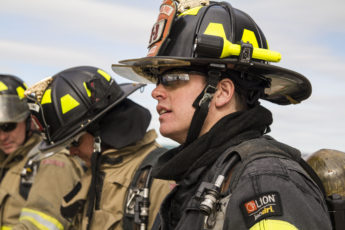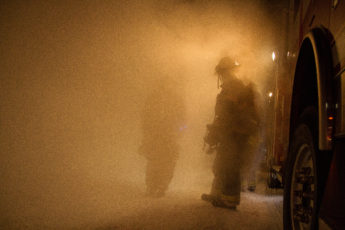Montana took a huge step forward this week by finally updating our state’s definition of rape and sexual assault. At a ceremony in Missoula on Monday, “The Consent Bill” was signed into law.
This is a big deal. And it’s an issue that-unfortunately-impacts a lot of people in our state.
Before Monday, we were still working off of an old law from the 1970s that put the responsibility on survivors to prove that they “were violently attacked or threatened.” (www.missoulian.com).
So what about victims who just said no? What if they clearly indicated with their body language or their words that they were not interested? What if they were incapable of fighting back because of the trauma they were experiencing?
Before Monday, none of that would technically count as rape or sexual assault. But now, things are different. This is a big moment for Montana, and it helps set an example for other states that are also looking to update their laws. It will now be less difficult for victims to come forward. It will now be easier for prosecutors to investigate and prosecute these crimes. (www.mtpr.org). Moving forward, jurors will have a better understanding and broader definition of what qualifies as sexual assault.
We give a big thanks to Attorney General Tim Fox who has made this new bill one of his top priorities. We also send a big thanks to Montana Senator Diane Sands out of Missoula who sponsored the new bill. And a very big thanks to (almost) everyone in the state legislature who supported these changes. You did right by Montanans.
This bill wasn’t thrown together overnight. An Interim Committee met for 18 months to study the issue of sexual assault in our state. It flew through hearings without any opposition. It then passed through the Senate April 13, 50-0! (Full disclosure and credit — Sens. Jennifer Fielder of Thompson Falls and Steve Hinebauch of Wibaux both voted against it originally, but then came to their senses the next day). And, in the House, the bill passed 98-2.
So the final score: 148-2! Bipartisan and practically unanimous! That rarely happens.
But what happened with those two “No” votes? Only two representatives in our state government voted against this bill: Adam Rosendale, representing the south side of Billings, and Brad Tschida representing the area west of Missoula to the Idaho border.
Rep. Rosendale’s vote really threw us for a loop.
Rep. Adam Rosendale
Billings has well-documented problems with crime and sexual assault. Earlier this year, the Billings Gazette ran a shocking exposé on rape prosecution in Billings. In 2016, 60 rape cases were reported; yet not one case was charged. ZERO. And over the last five years, Yellowstone County has only prosecuted about 15 percent of adult rape cases.
We know charging and convicting people isn’t easy. Survivors often don’t come forward for many reasons, including the fear of experiencing more trauma. Lawyers sometimes attack their credibility and question their motives. And the old law made it harder still for police investigators to establish cases good enough to get a conviction. The new law won’t solve all these problems, but it will help police and prosecutors do they best they can to get justice for victims.
Rosendale’s vote against the consent bill ignores a major problem that impacts the families that he was elected to stand up for -many of whom have experienced sexual assault at some point in their lives.
And it seems like he just said no. No explanation. And he got away with it. Sad, isn’t it? Rep. Rosendale gets to vote “no”, and nobody second guesses him. Yet until Monday, saying “no” wasn’t enough for the victims of sexual assault.
Most of the folks in this state are working to help the survivors of sexual assault. They’re working to make it easier to get support and easier to find justice. They’re working to clear the backlog of sexual assault cases and they’re making sure that anything less than full and free consent will not be tolerated.
Montana is working for you, even if some folks aren’t.


